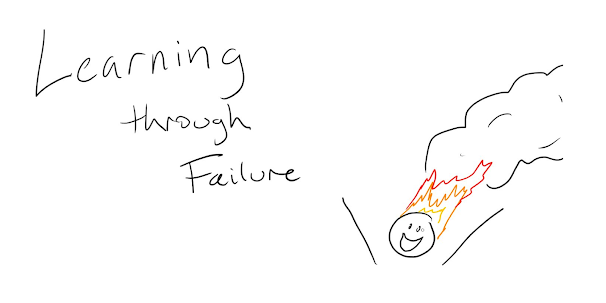Health check learnings, this time with data!
For this quarter's health checks I wanted to get some actual data out of the process and act on the 'continuous improvement' stuff we all talk about but don't always do. I asked myself some questions...
- What do people actually think about the process? What would they change? Is this really worth continuing? (and more to the point, what am I doing about improving this process?)
- How would people react to the idea of 'advance voting', where you essentially had the option to do 'Planning Poker' for your votes - would stir some controversy, if nothing else, give people opportunity to think in advance (idea c/o Steve Rogalsky)
- Instead of bumping through the pre-during-post process of this, maybe I could write it out this time?...a health check playbook? (there are a surprising amount of moving parts)
What do people actually think about the process?
I used a basic NPS survey formula through Google Forms and managed to get just over half the participants to respond. The actual "data" of this is pretty fishy, given that people on the low end of this spectrum are probably too disgusted with me to participate, but the numbers were kinda fun...- NPS of 52
- 33 engineers/product folk in our company are promoters (voted 9 or 10) of the idea
- Of those surveyed, 31 took the time to fill out feedback (most were positive, some positive/useful, some negative/useful)
- A review of the topics, specifically 'speed' (remove?) and 'teamwork' (break out? on the fence, want to reinforce that we are all working together, and teams can be silo-ey at times)
- Prior to reviewing the session's action items, take 5-10 minutes to review the last session's action items and results, and the trend of last session->this session
- Consider using Planning Poker voting to prevent group think (on the fence, as the voting is actually not that important - it's the contribution to conversation)
- That I'll be on-site for four health checks/year, but allow teams to opt-in/out as they feel it's useful or not (on the fence about this, as some teams find them hugely valuable, and others clearly not)
- A half-way follow-up between health checks (on the fence, but maybe this is a maturity model kinda thing)
What did I learn here?
- Google Forms is super easy and powerful
- General consensus is that the time is useful and should continue
- Specific pockets find it very valuable
Advance voting & anonymous feedback
The next part - advance voting - got very different results. We have a weekly 'product development all-hands' meeting where updates are shared across the entire product development team (which is comprised of, you guessed it, product and development people), so the week before the health checks were scheduled I gave a little blurb and advertised "please take 15 minutes on your own to review the topics, see how you'd vote, write down ideas/thoughts/issues". Plus, I created a Google Form for people not comfortable speaking in the team setting to raise ideas anonymously. A few days later I sent a reminder Slack blast reminding people to take the time and dropping the links for the health check doc and anonymous feedback form.- Approximately 20% of the team took the 15 minutes (additionally, probably 15-20% were not aware of the request at all)
- Of those 20%, 95% found it useful/helpful in preparing themselves for the health check session
- 0% of the product development team used the anonymous feedback form (and interestingly, participation in the sessions seemed to match that metric - very few had nothing to say)
What did I learn here?
- My communication channels might be sub-par
- The idea of taking time to review a meeting's agenda before attending the meeting is useful and helpful
- We probably have pretty safe team environments?
A health check playbook
The final question of 'will you actually write stuff down this time' has also been answered! Yes, I wrote down quite a lot, but I'm not certain how to jam it all into a blog post. For sure, not this blog post.
What did I learn here?
What did I learn here?
- Successfully accomplishing the week of health checks is indeed as complicated as I'd faintly remembered
- Amazingly, writing things down helps you remember them better
I will write out the full playbook sometime soon!


Comments
Post a Comment